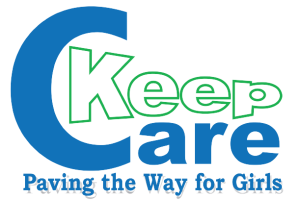Our Programmes
Socio-economic empowerment Programme
This program primarily aims to empower young people, particularly those from disadvantaged backgrounds, in terms of their socio-economic status. Currently, the program is specifically focused on teenage mothers, as they encounter various challenges including widespread poverty, limited educational opportunities, and lower academic performance due to barriers caused by gender-based violence. Teenage mothers are considered one of the most economically vulnerable groups, even more so than adult women or adolescent boys.

KEEPCARE Rwanda aims to increase the economic productivity of vulnerable teenagers in the community and improve their livelihoods through sustainable income-generating activities. The program involves providing entrepreneurship development and capacity-building activities to youth specifically involving, teenage mothers, and adolescents who are infected or affected by HIV/AIDS.
The program’s main activities include providing vocational training skills and support for other income-generating activities (IGAs). KEEPCARE RWANDA supports teenage mothers by helping them build their capacity in entrepreneurship, vocational training skills, and various small businesses. These businesses include selling vegetables and fruits, growing vegetables, producing mushrooms, and raising domestic animals. For instance, KEEPCARE has a demonstration farm that focuses on pigs.
KEEPCARE RWANDA established three main strategies which are the following:
Financial Services Strategies
KEEPCARE Rwanda provides microcredit (financial support to start IGAs), facilitate savings initiatives, and financial literacy education to increase their skills and knowledge.
Employment Strategies
KEEPCARE Rwanda provides vocational training skills and initiatives that focus on the entrepreneurship among those vulnerable teenagers. This strategy empowers the beneficiaries and makes them live financially independent.
Life-Skills and Social Support Strategies
KEEPCARE Rwanda encourage beneficiaries to be grouped into small associations of 30 people. It is also providing sexual reproductive health, gender equality and equity and sexual gender based violence training.

We are a non-government organization that works to improve the lives of vulnerable teenagers through social-economic empowerment and building support for gender equality among teenagers.
Quick Links
OUR PARTNERS
-

- US AID
-

- RWAMREC
-

- Rwanda Governance Board
-

- MenEngage
-

- Mandela Washington Fellowship
-

- Love Alive International
-

- Kansas State University
-

- Department of State, US
-

- Women for Women
-

- Hennie and Rob
Website Developed by Success Arena










